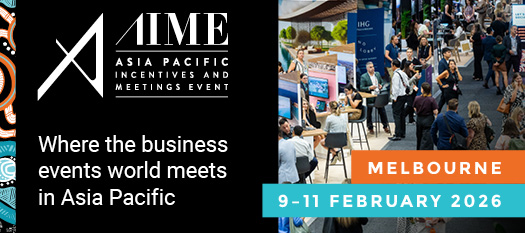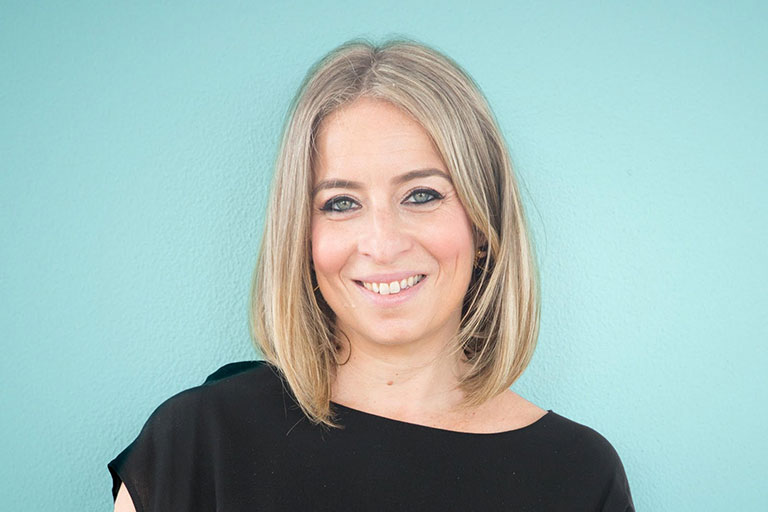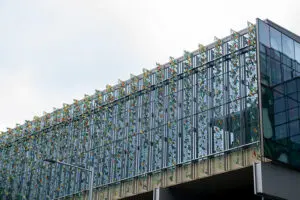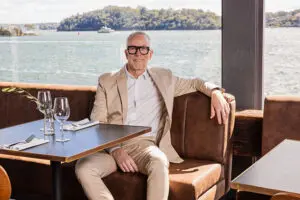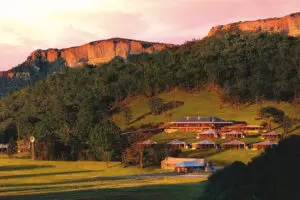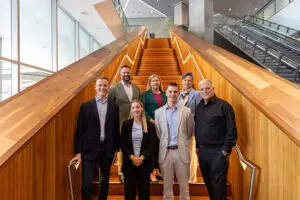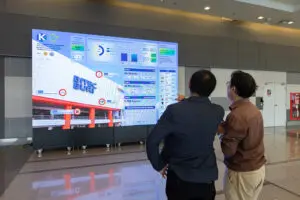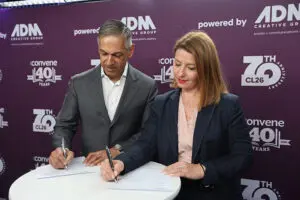Previously the global CEO of cievents, with an added 21 years at Flight Centre supporting business events, she says it was her love of the industry that led her to launch the consultancy.
“As you recruit new people and younger generations, they start to ask you about your diversity, equity and inclusion policy, and I started to feel this shift in the world and the generations,” she explains. It was this concept of purpose-driven people that made her realise the greater opportunity for business events to have a positive social impact.
Working alongside a variety of organisations, Barefoot Citizens Consulting assists in facilitating long-term change: from implementing carbon offsetting programs to going even further and implementing small, permanent, but powerful steps for the greater good.
“I’m not a big believer in buying one’s way out of [carbon] footprinting, so we do the carbon accounting and all the calculations submitted for certification by a third party, but ultimately we gather [information and data] to work with organisations to help them understand how to make better choices.
“I’ve always worked in a commercial business. I believe in people making money. I just believe they should make it responsibly,” she says. “So that’s how I ended up here.
“Sometimes we forget you have this amazing halo effect for six weeks,” she says, explaining the energised, warm and fuzzy feeling delegates leave an event with.
“Then six to eight weeks later, it goes back to [business as usual] and everyone’s forgotten about it. I was like, there’s got to be a better way to do this, where it becomes part of our strategy, rather than an add-on …and why we’re all in business.”
Simmons says there’s a “real pressure cooker” coming for businesses, particularly with younger generations electing to work for more responsible organisations.
“Investors are making different decisions,” she says.
“The largest transfer of wealth that the world’s ever seen is about to happen – that intergenerational wealth transfer. No one talks about it, but ultimately, trillions of dollars are going to end up in the hands of [people in their] 40s and younger and they’re making very different decisions. And then by the end of this year, they’re going to make up 75 per cent of the workforce.
“So, the leaders, meetings, events and people who are defining the strategy are going to want different outcomes. So, when you think about curating the content for your audience, how to engage your audience, you’re going to have a different motivation.”
She adds that the industry simply doesn’t realise the power a small gesture could make. She cites an example of offering a tick box for conference delegates to opt for a vegetarian meal over a two-day event and illustrating the carbon saved by doing so. No offsetting required.
“The experience can be still a five-star experience, but you can actually raise awareness, educate and create impact.”
Ultimately, she says it’s working alongside businesses to implement simple responsible strategies as part of business as usual – from the events held to team engagement and taking these strategies beyond the boardroom vision statement.
Simmons adds that while in-house organisers or event management companies might think the concept is “bigger than Ben Hur”, we have the data to make a difference by doing better.
“My recommendation to most people is just start, just take one step, because one step is better than no steps.
“No one is telling you not to run a meeting and event. No one’s telling you not to go to a beautiful, five-star resort if that’s what the event’s about, not telling you to not travel overseas. No one’s saying that. It’s about how you break down all the building blocks of meetings and events or in business and rebuild them in a way that still gives you the outcome you want but creates an impact for people and planet.
“The world of events is a very creative one. We have a million opportunities to create impact.”



